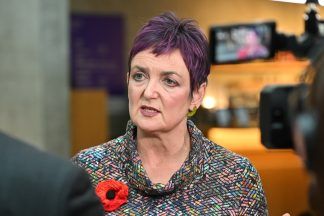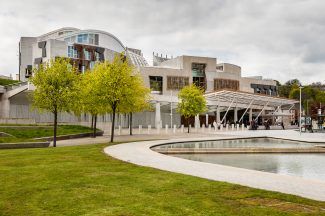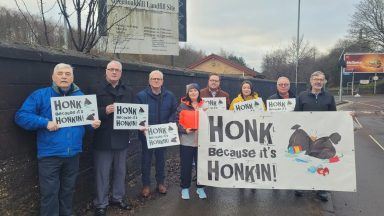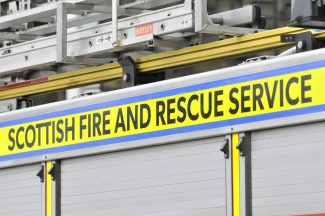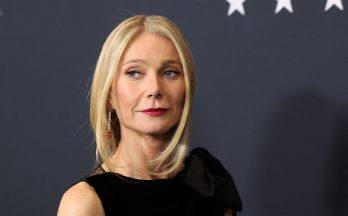One of Scotland’s most senior councillors has told how she was “hounded” by political opponents when her expenses increased as she tried to stay safe from a stalker.
Susan Aitken, the leader of Glasgow City Council, said it was a “really challenging” period and there was a “concerted campaign” on social media against her.
With the council advising her not to use public transport for safety reasons, Aitken, who does not have a car, built up extra travel expenses.
The SNP councillor spoke about the issue as she told of the problems women in politics can face as a result of “ingrained and institutional sexism and misogyny”.
Stressing such problems are not confined to Glasgow, Aitken, who became council leader in 2017, said when she was targeted by a stalker, the council chief executive had “insisted I receive some extra protection”.
Speaking on BBC Radio Scotland’s Good Morning Scotland programme, she added: “Essentially the council paid for me to not have to take public transport. I don’t have a car, I use public transport ordinarily day to day and the view was that that wasn’t particularly safe.
“That meant my travel expenses were higher than ordinarily, and I was attacked for that, I was hounded for that by political opponents.
“There was a concerted social media campaign against me. That was really challenging.”
She said women in public life are particularly impacted by the “ingrained and institutional sexism and misogyny” that she said is “part of society”.
Aitken insisted: “I know of women councillors and parliamentarians right across the country who have to put up with this all the time.”
While she accepted politics can be a “febrile” environment to work in, she said it develops into a problem “when it becomes gendered, when it gets to a point where people feel unsafe, where they feel they are simply not able to do their job or are being prevented from doing their job in a way that is safe and that wouldn’t be a problem for a man”.
She claimed: “That is something that social media has made worse.”
She said “most women in the council would say they have experienced from colleagues what perhaps are called micro-aggressions now, or perhaps straight-up aggressions”.
She added: “Often these are things that are not public, that is why it is difficult to challenge.
“It is things that are said in asides, they’re off the record, they are not on the recorded business of the council day to day.
“I know of all colleagues in all groups who have come to me, who have come to the council’s chief executive with concerns.”
She said “these things can often be difficult to challenge”, saying incidents can take place and private but are “done in a way that is designed to make people feel uncomfortable or intimidated”.
Aitken insisted: “Ingrained and institutional sexism and misogyny is not just about politics, women in all walks of life experience it and it is something as a society we have to acknowledge, be very upfront about, and take steps to tackle wherever we come across it.”
Follow STV News on WhatsApp
Scan the QR code on your mobile device for all the latest news from around the country







